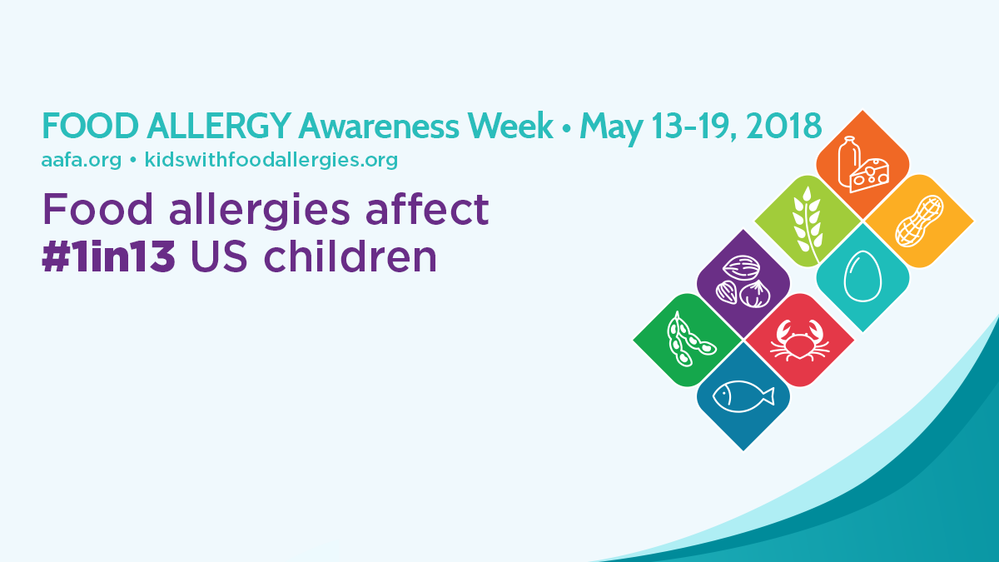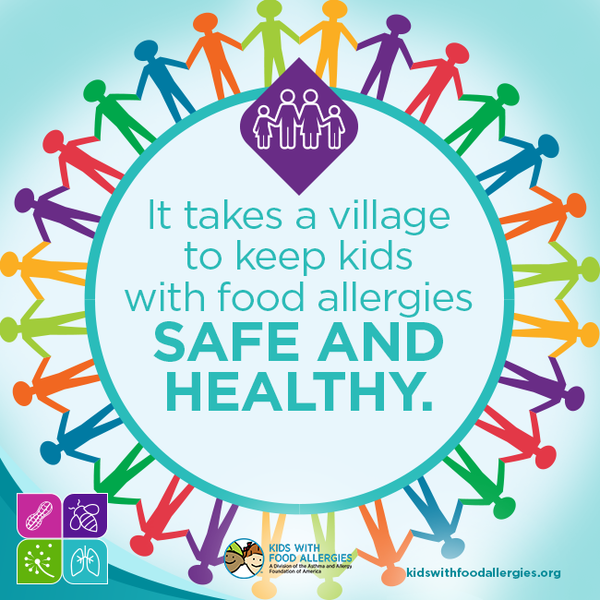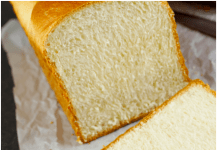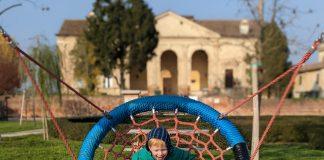It was November 2012, and we were visiting my in-laws for Thanksgiving. My son was playing outside in the snow after having a cookie. Soon after, my son told my husband his stomach hurt. A few short minutes later, my son began vomiting uncontrollably. Within seconds, his body was covered with hives, and he began to swell up like a balloon. My heart was racing as we rushed him to the bathroom and tried to help him in any way we could. I knew in a heartbeat what was happening.
Anaphylaxis.
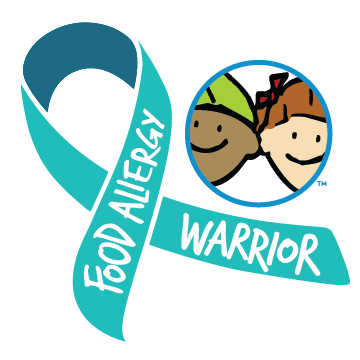 At this point in time, we didn’t have an EpiPen because we hadn’t yet taken our son to an allergist for testing, so I immediately grabbed the phone and called our pediatrician. He advised me to give my son Benadryl and watch him closely. I wanted to call 9-1-1 but the doctor said as long as my son was breathing all right, we didn’t need to. Even though every fiber of my being was screaming to call 9-1-1, we didn’t (In hindsight, we should have called. ALWAYS call 9-1-1 for anaphylaxis).
At this point in time, we didn’t have an EpiPen because we hadn’t yet taken our son to an allergist for testing, so I immediately grabbed the phone and called our pediatrician. He advised me to give my son Benadryl and watch him closely. I wanted to call 9-1-1 but the doctor said as long as my son was breathing all right, we didn’t need to. Even though every fiber of my being was screaming to call 9-1-1, we didn’t (In hindsight, we should have called. ALWAYS call 9-1-1 for anaphylaxis).
As my husband held our son close and tried to comfort him, I watched him like a hawk. I stared at his little 2-year-old chest and watched it go up and down with every breath he took. I stood next to him and listened closely to his breathing to see if it was clear or if he was wheezing. My husband and I continuously checked our son’s hives and swelling to see if they were improving or worsening.
I prayed. HARD. I prayed for God to bring healing to my little man’s body. It was all I could do. Pray and wait.
Thankfully, after about 4 hours, my sons symptoms had begun to subside and he was OK.
But it could have been much worse. I could have lost my son that day.
That’s how I began my journey as the mother of a child with life threatening food allergies.
Food Allergy Awareness Week
In 1998, the Food Allergy & Anaphylaxis Network, now FARE, created Food Allergy Awareness Week to educate the public about food allergies. Each year FARE and other allergy & Anaphylaxsis organizations (such as Kids With Food Allergies) put on multiple events, promote allergy awareness on social media, conduct fundraisers, and more in order to make the public aware of the dangers of food allergies and how serious they really are. Unfortunately, too many people don’t take food allergies seriously enough. They are often even made fun of. That’s why FARE works so hard to increase knowledge about them.
So what can you do to help? Check out these events and tips below!
Food Allergy Awareness Events
- May 1- 31: Join AAFA as they focus on prevention and treatment of asthma and allergies. Share this PSA videos and awareness messages.
- May 13-19: Check to see if your local building or landmark will #TurnItTeal for food allergies! If you’re in NYC, check out the Empire State building. It will be lit up with teal lights!
- May 13-19: National Eosinophil Awareness Week – Learn more about eosinophilic esophagitis (EoE)
Take Part in Food Allergy Awareness Week By:
- Order official merchandise from FARE, including a teal ribbon scarf and the Food Allergy Awareness Spirit Pack.
- Request a proclamation from your elected official to formally recognize Food Allergy Awareness Week.
- Make a donation to support Food Allergy Awareness Week.
- Use #TealTakeover and update your social profile picture to help us spread the word.
- Download free resources to share in your community.
Ways You Can Get Involved and Help Support Those With Food Allergies
-
- Join the Kids With Food Allergies community and follow their blog for the latest news on food allergy research and treatments. Our community also provides an opportunity to connect with others for support.
- Raise food allergy awareness by adding your child’s photo to the annual Faces of Food Allergies campaign – share a photo on social media or post to our community. You could win a Kids With Food Allergies prize package.
- Share food allergy awareness images on social media.
- Offer inspiration, support, understanding and hope by sending invitations to join KFA’s community.
- Share the KFA Newly Diagnosed information page with a friend whose child was just diagnosed with a food allergy.
- Share your story with KFA: Tell the world what it is like to live with food allergies every day.
- Improve the quality of life for the millions living with #foodallergies and join the Food Allergy Patient & Family Registry.
- Consider becoming a KFA volunteer.
- Join the Kids With Food Allergies community and follow their blog for the latest news on food allergy research and treatments. Our community also provides an opportunity to connect with others for support.
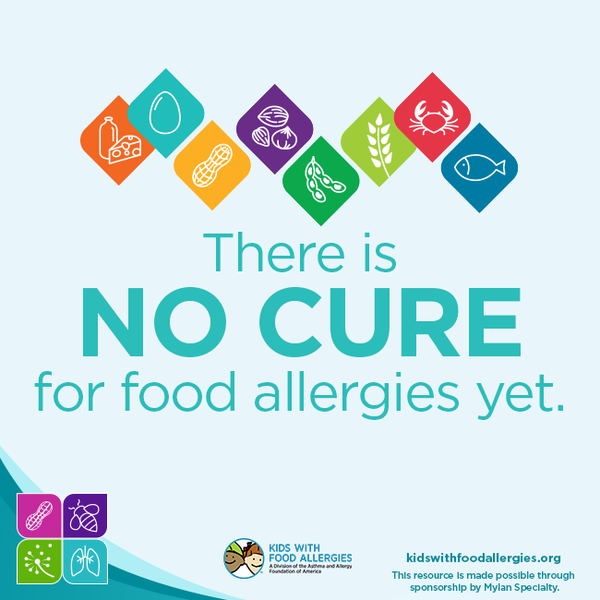
What if you aren’t directly affected by food allergies? Chances are, you know someone who is. Here are some ways you can help be a support system for them.
“React with Respect” (as FARE says).
Don’t take it lightly and just assume someone will only get a few hives as a reaction and will be OK. Take the time to ask questions and even do your own research on the facts of food allergies and anaphylaxis.
Help spread the word about food allergies.
FARE has a page on their website full of downloadable images and posters to help spread awareness about food allergies.
Know how to respond in case of an emergency.
Ask your friends what symptoms to look out for and ask them to show you how to use an Epinephrine auto injector, so if the need arises, you are able to step in and help.
Know which foods your friend and/or friends child(ren) are allergic to and try not to confuse one allergy with another.
For example, confusing a peanut allergy with a tree nut allergy. These are two completely different allergies that often get grouped together.
Be considerate of them when planning get-togethers that involve food.
Try and provide an allergen free environment.
Don’t be afraid to ask questions!
I would rather someone ask me questions about my sons food allergies than make an assumption. Know the facts.


